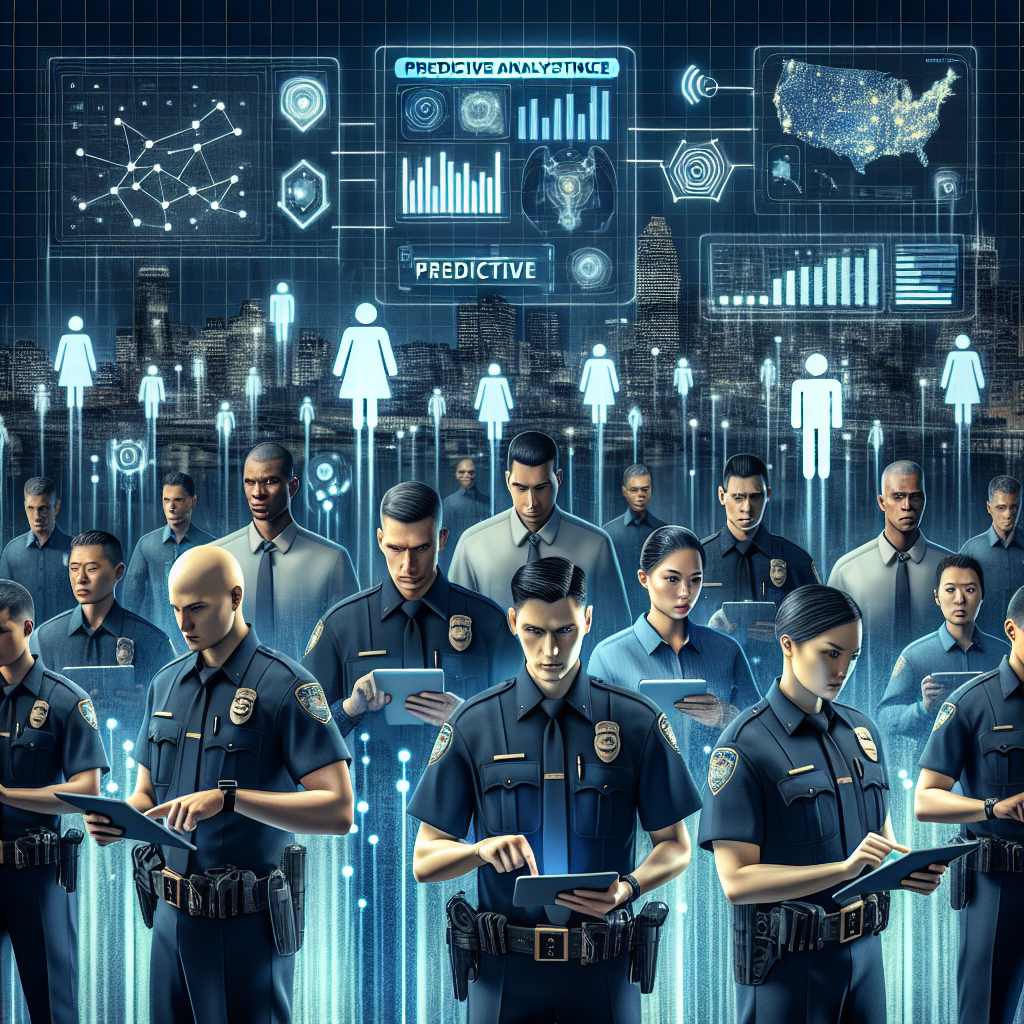“`html
Innovation Explored: AI in Predictive Policing
Hey there! Have you ever wondered what role Artificial Intelligence (AI) plays in law enforcement? Well, you’re in the right place because today we’re diving deep into the world of predictive policing. Let’s explore some common questions and shed light on this intriguing topic!
What is Predictive Policing?
Great question! In essence, predictive policing refers to the use of data analysis and AI algorithms to identify potential criminal activity before it occurs. Think of it as a weather forecast, but for crime! The aim is to optimize police resources and improve public safety by predicting crime patterns based on historical data.
How Does AI Work in Predictive Policing?
AI systems analyze vast data sets collected from various sources, such as crime reports, social media, and even weather patterns. By spotting trends and correlations, these systems can generate predictions about where and when crimes are likely to happen.
- Data Collection: Gathering information such as past crime statistics, demographics, and environmental factors.
- Algorithm Analysis: AI algorithms sift through data to uncover patterns and make predictions.
- Deployment: Law enforcement uses these predictions to allocate resources more effectively and focus their efforts on preventing crime.
Is AI in Predictive Policing Reliable?
Ah, reliability – a crucial aspect! AI can significantly enhance predictive policing by processing large data sets faster and with greater accuracy than humans. However, it’s essential to recognize the challenges:
- Data Quality: The predictions are only as good as the data fed into the system. Inaccurate or biased data can lead to flawed predictions.
- Interpretation: While AI can point to potential crime hotspots, human judgment is necessary to interpret these insights soundly.
- Ethics and Bias: It’s vital to ensure that AI systems don’t reinforce existing biases or lead to unjust profiling.
What Are the Benefits of Using AI in Predictive Policing?
AI brings a host of advantages to the table! It can help law enforcement agencies to:
- Enhance Efficiency: By identifying crime hotspots, police can focus their efforts where needed most, using their resources more effectively.
- Improve Public Safety: By predicting potential crimes, police can act preemptively to prevent them, reducing crime rates.
- Support Investigations: AI tools can assist detectives in identifying patterns and leads, expediting investigations.
Are There Any Concerns With AI in Predictive Policing?
Absolutely, and it’s crucial to keep these in mind. The primary concerns revolve around privacy, bias, and accountability. It’s essential for all stakeholders to work towards:
- Ensuring Fairness: Systems must be regularly audited to prevent biases.
- Maintaining Transparency: Communities should be informed about how AI tools are used in policing.
- Protecting Privacy: Data collection must uphold citizens’ privacy rights and be in compliance with applicable laws.
We hope this exploration of AI in predictive policing has given you a clearer picture. While AI offers significant promise, it must be implemented thoughtfully to ensure justice for everyone. If you have more questions, feel free to reach out!
“`
